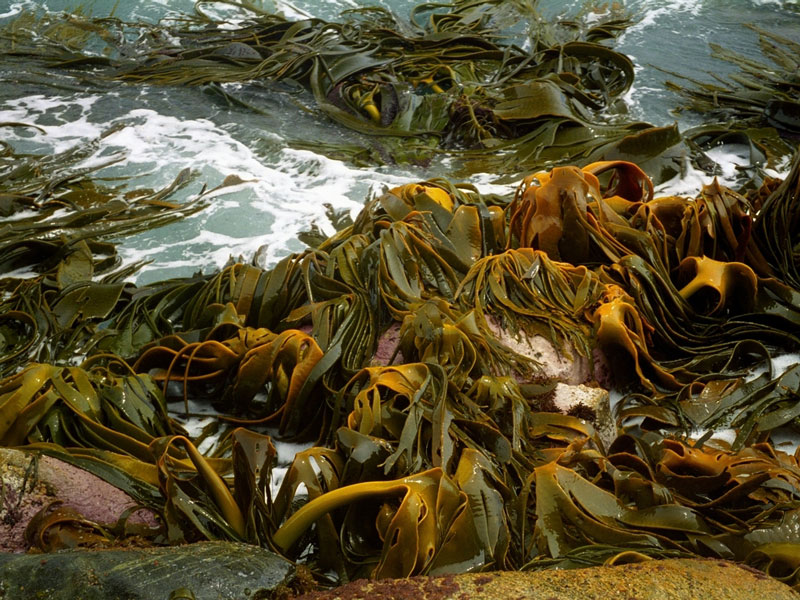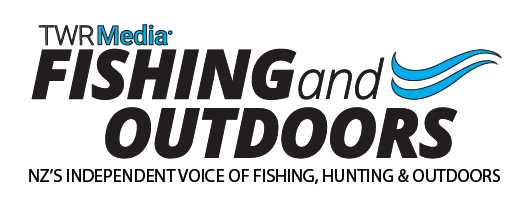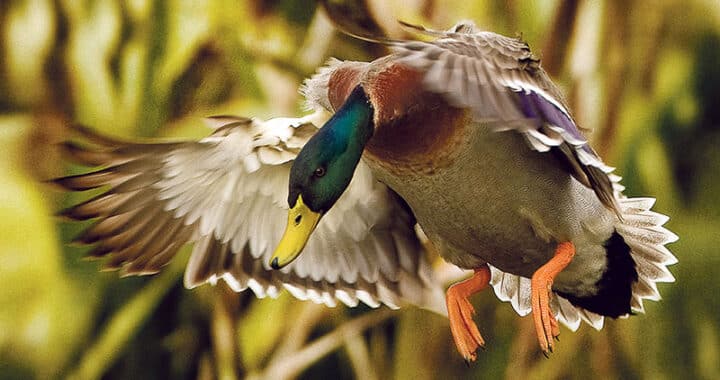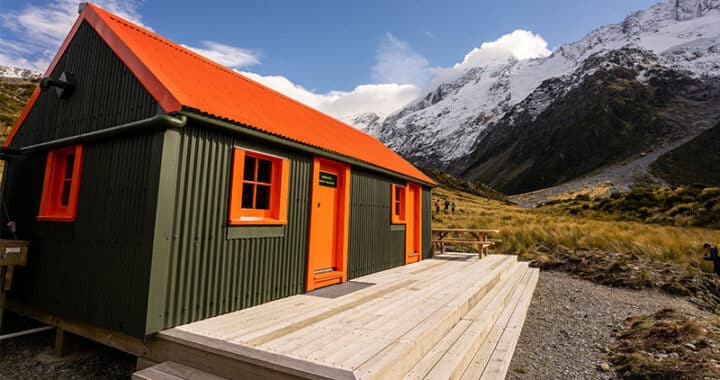Pilot project aims to establish seaweed farming sector
3 min read
The $5 million commercial regenerative seaweed farming pilot could mark the beginning of a new industry for NZ. Photo: reurinkjan | licensed under CC BY 2.0
Auckland Council and the Ministry of Primary Industries (MPI), along with EnviroStrat and additional investors have earmarked $5 million for a commercial regenerative seaweed farming pilot backed by the Government that could mark the beginning of a new industry for New Zealand.
The MPI is investing $2 through their Sustainable Food and Fibre Futures fund and the Auckland Council is investing $1.2 million in the three-year project, with EnviroStrat and other investors making up the balance.
The project has been supported by grants from Ākina, BayTrust, Foundation North, Ports of Auckland, and The Tindall Foundation during its establishment phase. Ngāi Tai ki Tāmaki is supporting the project by providing access to recently consented marine farming space and sharing knowledge of traditional Māori values to enhance the project’s success.
The pilot of the model, which was developed by GreenWave in the US, will take place in the Hauraki Gulf and Bay of Plenty and will include hatchery production, on-water farming, seaweed processing, and training programmes for seaweed farmers.
The University of Waikato will lead the research and trial designs, and Premium Seas Limited and AgriSea will contribute their production, market, and processing expertise.
“There’s limited research and development available for ocean-grown seaweed in Aotearoa currently, which is a significant barrier to establishing a seaweed sector,” said Mawae Morton, executive chair of GreenWave NZ.
“This project will provide the proof-of-concept for farming New Zealand seaweed at a commercial scale. Positive findings will provide confidence to new entrants and co-investors, reducing the risk associated with the creation of a new sector.
“The intellectual property developed through the project will be accessible to the sector.”
The project is developing hatchery facilities able to produce enough seaweed to support commercialisation. It will develop on-water farm infrastructure and growing techniques, and test production to prove the commercial viability of seaweed farming.
“Markets exist for locally produced seaweed-based products, and there is potential to develop future markets for blue carbon and nutrient credits,” said Steve Penno, MPI’s director of investment programmes.”
The project will measure the potential environmental benefits, which include increasing marine biodiversity, improving water quality through the uptake of nitrogen and phosphorous, carbon sequestration, and potential erosion protection for coastlines.
“Establishing commercial seaweed farming across the country will also provide new jobs in coastal communities where employment opportunities are more limited.
“This project complements our Fit for a Better World roadmap to increase exports, lower emissions, improve the environment and employ more people in the food and fibre sector. It will deliver economic growth and jobs for the regions, which will also contribute to the Government’s goal of sustainably growing the value of the aquaculture industry four-fold to $3 billion by 2035, and help to boost our economic recovery from the COVID-19 pandemic.”
Auckland Mayor Phil Goff added that the pilot aligns with the Council’s climate action and environmental goals while creating good green local job opportunities.
“Experience overseas indicates that seaweed farming has a number of environmental benefits, including removing carbon emissions from the atmosphere and helping to improve water quality by absorbing contaminants,” he said.
“As well as protecting the health of our marine ecosystems and helping us achieve our climate change goals, partnering with the Crown, iwi, and businesses with specialist knowledge in the seaweed aquaculture industry provides an opportunity to create environmentally friendly, local job opportunities for Aucklanders.”
The pilot programme could support many new opportunities for Aucklanders, as the operating model supports individual operators to establish independently-owned marine farms.
The project also has numerous many social, cultural, and environmental opportunities for Tāmaki Makaurau, Craig Mcilroy, Auckland Council’s general manager healthy waters, said.
“Seaweed may also be used as an alternative to common commercial biostimulants, and we can test their effectiveness on council farms. There are also the blue carbon sequestration benefits to be realised.
The initial seaweed biomass to be used by the hatcheries will be partially harvested from local kelp reefs in line with best practice guidelines outlined by MPI.
New Zealand native Brown Kelp (Ecklonia radiata) will be used.
“The regenerative seaweed farming model, developed by GreenWave US, has proven successful and could provide solutions to some of the challenges we face, including demands on our natural marine resources and rising pollution levels, compromising the health of our marine environment,” Mcilroy added.



